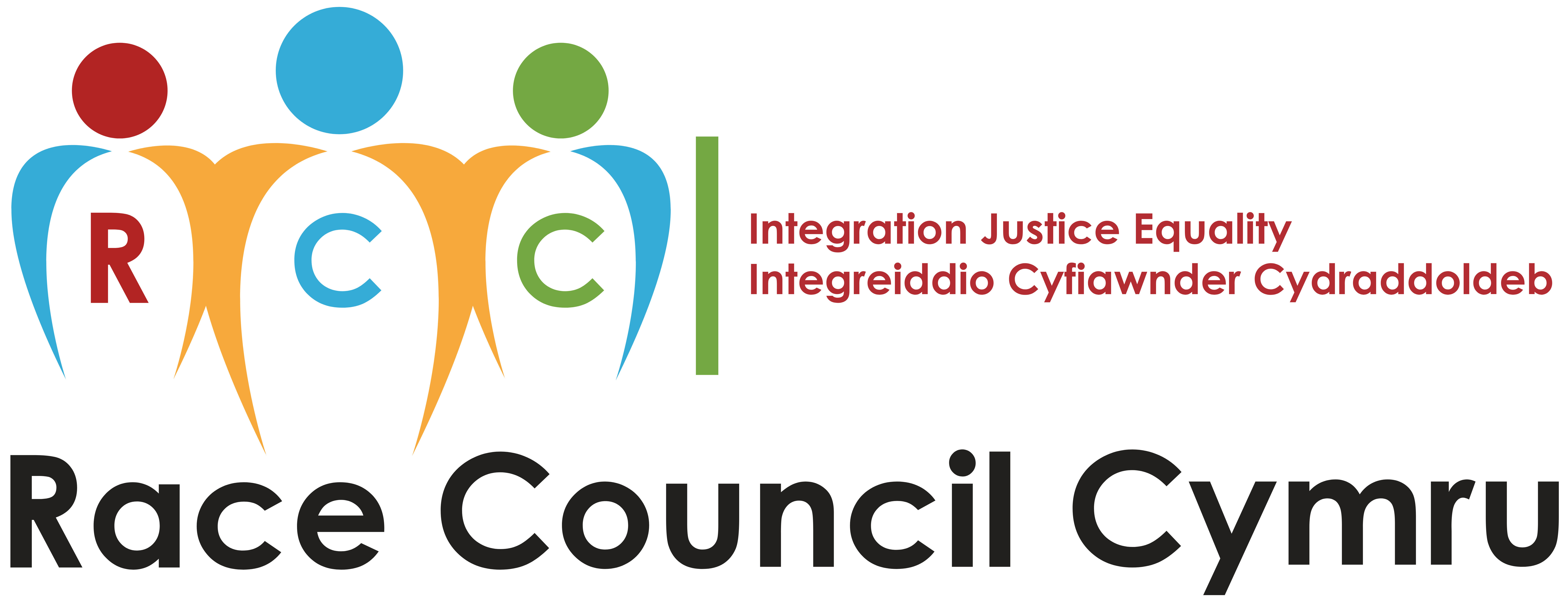Strategic Paper by Race Council Cymru (RCC) Response to the Inquiry into Poverty in Wales
Strand One - An Inquiry into the links between tackling poverty and addressing inequality
The Race Council Cymru (RCC) is the overarching/umbrella body established in Wales to bring together key organisations working to combat prejudice, race discrimination, harassment, abuse and violence. The key aims of the RCC are to work towards the elimination of racial discrimination and to promote equality of opportunity and good race relations between people from different racial backgrounds. Integral to the work of the RCC is partnership working with local and national statutory and voluntary agencies. RCC represents Ethnic Minority Communities across Wales on the Third Sector Partnership Council (TSPC) which is facilitated by WCVA and has produced this paper in consultation with Third Sector groups on the Tackling Poverty Action Groups and RCC Primary Stakeholders Forum.
This response has been prepared by Phil Offord, in his capacity as Training Manager for the RCC, in consultation with the RCC volunteer Chief Executive officer, Mrs Uzo Iwobi OBE. Mrs Iwobi is a former Commissioner to the Commission for Racial Equality UK and has worked tirelessly in the sphere of race equality to challenge racism and promote community cohesion. For further comment in relation to this response, or for clarification regarding any of the content of this paper, Mrs Iwobi can be contacted on email at [email protected] . Mrs Iwobi is also available to provide oral testimony following this submission.
The combination of Welsh Government initiatives designed to tackle poverty, if delivered as intended, will no doubt improve the lives of people across all communities affected by it. The day-to-day experience of living in poverty will feel very much the same, whether experienced by a member of the BAME communities, or by a member of the majority community. If effective, efforts targeting the most vulnerable and disadvantaged people should provide support for individual needs irrespective of their ethnicity. It is evident that poverty affects a greater percentage of BAME people overall compared with the wider White community. To understand whether government initiatives are addressing this disproportionate situation, it is necessary to maintain a focus on monitoring demographic aspects of the service users receiving support.
READ THE FULL STRATEGIC PAPER
To read the full strategic paper and to download a copy of the pdf please click on the link below

